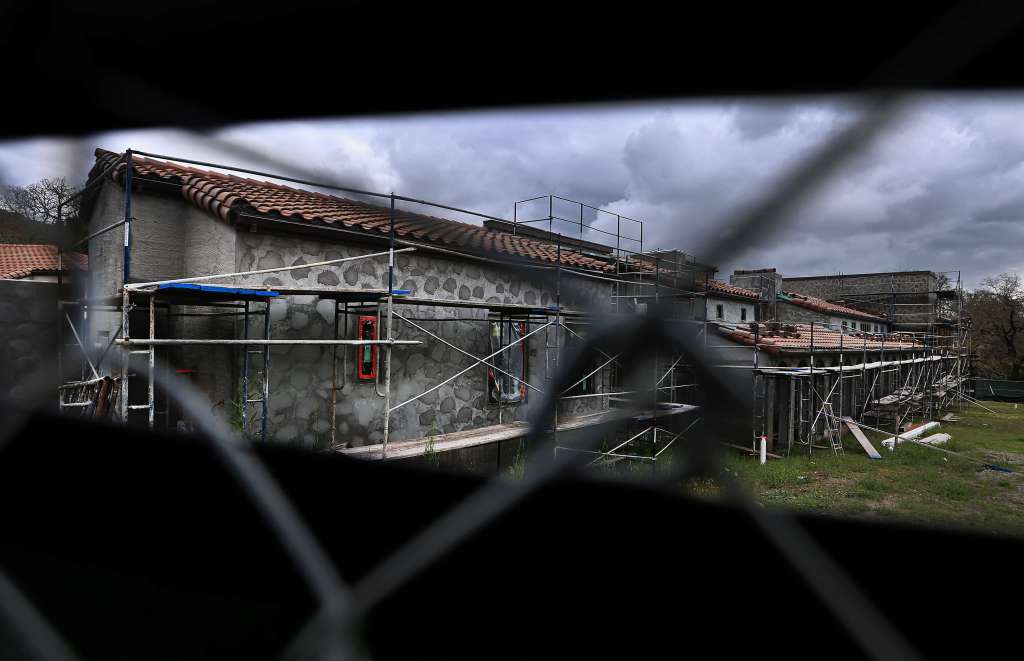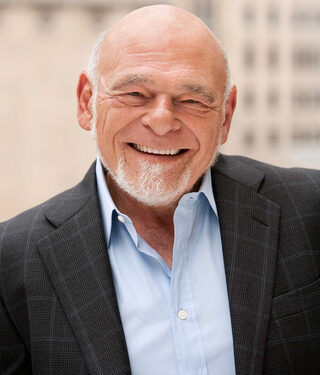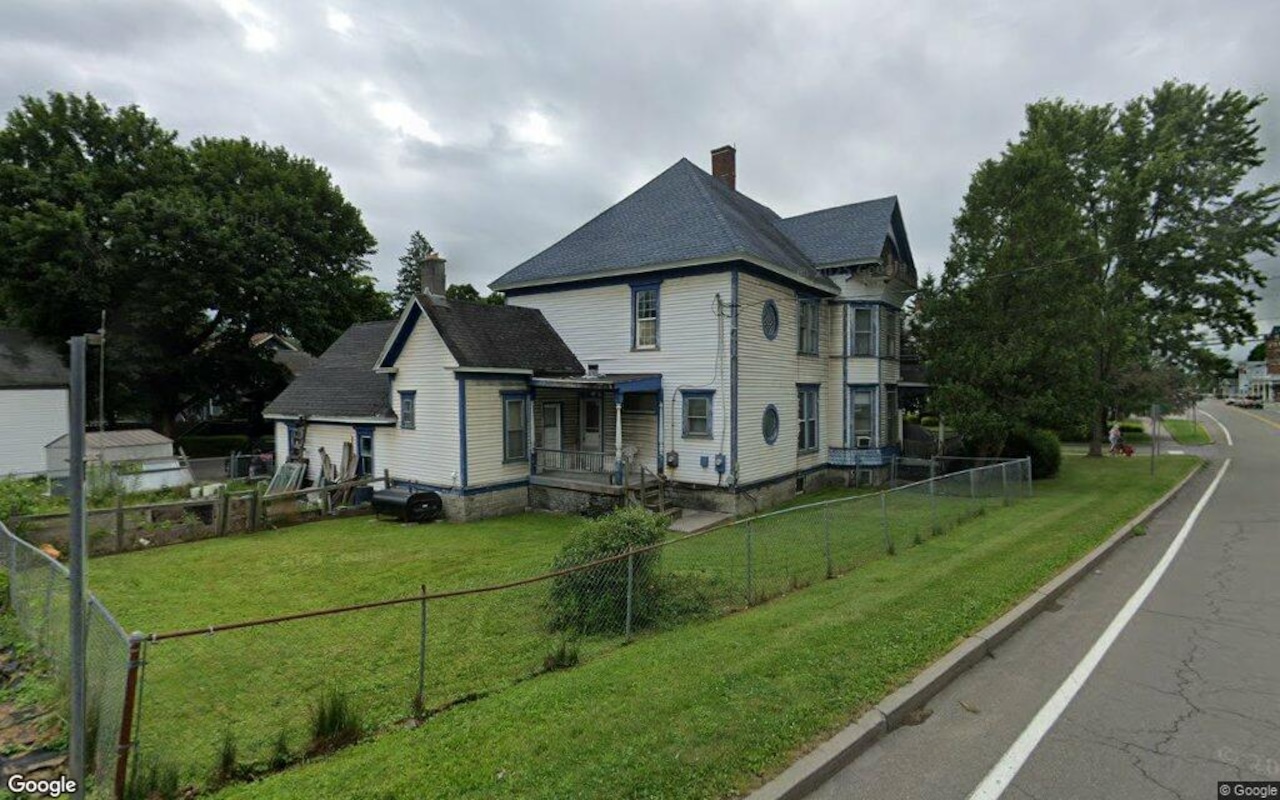I
n August 2015, a half‑finished property at 70 Moon Mountain Road in Sonoma Valley changed hands between two little‑known entities, a move that drew the attention of a handful of local residents. The transaction marked the beginning of a chain of events that would later be described as a “portentous” deal.
The buyer was KS Mattson Partners, a firm that made its first Sonoma acquisition in 2015 and would eventually own at least 88 properties in the area by 2023. Federal prosecutors now claim that many of those purchases were financed through fraudulent means. Ken Mattson, the company’s co‑founder, was indicted in May on nine counts of wire fraud, money laundering and obstruction of justice. Prosecutors allege he orchestrated a classic Ponzi scheme that siphoned tens of millions from hundreds of investors over a 15‑year period.
The seller in the 2015 deal was Tony’s Salami & Cheese Fund I, an investment vehicle run by Peter Ingoglia. The fund shares a Sacramento address with Socotra Capital, a hard‑money lender co‑founded by Peter’s brother, John Ingoglia. Socotra’s business model centers on rapid, asset‑backed loans secured by real estate, with higher interest rates and shorter payoff periods than conventional bank mortgages.
From 2017 onward, Socotra issued at least 92 loans to KS Mattson Partners, according to a court declaration by PricewaterhouseCoopers investigator Kristin Rivera. The lender now holds deeds of trust on 75 properties owned by KS Mattson or its affiliate LeFever Mattson Inc., totaling $102.3 million in loans. Socotra has not faced criminal charges in the Mattson case, but it is under scrutiny by a bankruptcy‑court creditors committee composed of LeFever Mattson investors. Federal prosecutors refer to Socotra as “LENDING ENTITY 1” in the indictment, noting it lent more than $180 million to KS Mattson between 2011 and 2024.
Socotra’s spokesperson maintains that all its loans are secured by high‑quality real estate and that the company operates within the law. Nonetheless, the lender’s hard‑money loans fueled a buying spree that included well‑known Sonoma properties such as Ravenswood Winery, Cottage Inn & Span, and An Inn to Remember. These assets are now being sold as part of the bankruptcies of KS Mattson Partners, LeFever Mattson, and Ken Mattson himself.
Mattson acquired most of the Socotra‑financed properties through KS Mattson Partners and later transferred them to LeFever Mattson, often without Socotra’s consent. The transactions represent a significant cash outlay for a relatively small lender. In April 2024, Socotra disclosed that a single borrower and its affiliates held about $40 million in loans in its Opportunity Fund—over half of the fund’s portfolio—half of which was delinquent. The company subsequently closed the fund on June 30, 2024.
A bankruptcy‑court creditors committee has subpoenaed Socotra’s internal documents and requested oral examinations of its CEO and executives, but the lender declined interview requests. Socotra defends its role in a July statement, arguing that any alleged Ponzi scheme was limited to a small number of investors and that the company never invested in such a scheme.
Socotra was founded in 2007 by Adham Sbeih, joined in 2008 by John Ingoglia. The firm’s name, taken from an island refuge, reflects its positioning as a “safe haven” for borrowers. Hard‑money lending offers quick approvals—often within a week—at rates ranging from 9.35% to 13.75%, compared to 5%–6.5% for traditional mortgages.
The lender’s investors are largely small, family‑based, with 434 “investor families” backing a $400 million real‑estate portfolio. Socotra’s 2023 guide to investing highlights passive income, low risk due to real‑estate collateral, and greater flexibility than banks.
Ken Mattson and Tim LeFever built a portfolio of over 200 properties before lawsuits, bankruptcies and the federal indictment. Prosecutors allege that Mattson repeatedly transferred properties between LeFever Mattson and KS Mattson Partners, then secured Socotra loans, a practice used on at least 19 properties. One example is 10334 Badger Lane in Truckee, where a $990 k Socotra loan was obtained within hours of a transfer between the two companies.
A class‑action lawsuit filed in July 2024 against Tim LeFever, Ken Mattson and their companies alleges that Mattson convinced investors to “refinance” properties, but actually took large Socotra loans, leaving investors without their deeds. Similar tactics were used in cash‑out purchases, such as the 786 and 790 Broadway parcels, where a $3.56 million Socotra loan exceeded the property’s $3 million value, yielding a $495 k profit for Mattson.
Socotra also appears in documents referencing the “1059 account,” a Bank of the West fund that allegedly moved more than $250 million over seven years. Socotra reportedly received over $20 million from this account, while other lenders received $12 million.
In bankruptcy proceedings, Socotra’s claims total $106.5 million, positioning it as a secured creditor ahead of smaller investors. For instance, a sale of 1161–1167 Broadway for $1.46 million left Socotra with a $5.7 million lien, entitled to 100% of remaining proceeds after other debts.
The potential application of a “Ponzi scheme presumption” could jeopardize Socotra’s position, as it might allow the government to claw back funds even if the lender acted in good faith. While such a presumption has never been applied to a secured real‑estate lender, a recent case suggests it could affect lenders who unknowingly financed a Ponzi scheme.
The creditors committee sought standing to sue Socotra, a request granted in October 2024. Mediation meetings are scheduled to avoid costly litigation over priority of claims. Investor Matt Treger supports pursuing accountability, arguing that protecting the lender’s profits at the expense of victims is morally reprehensible. No lawsuit has yet been filed against Socotra.













